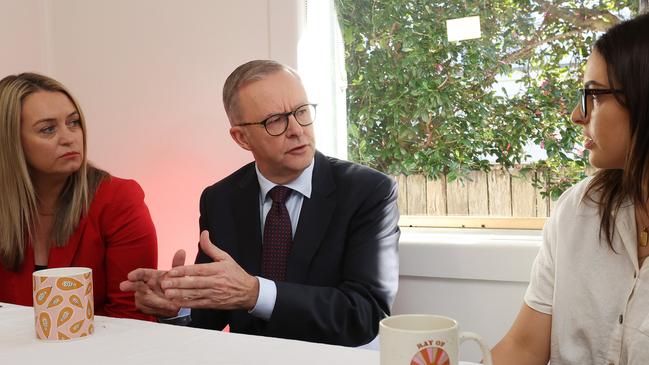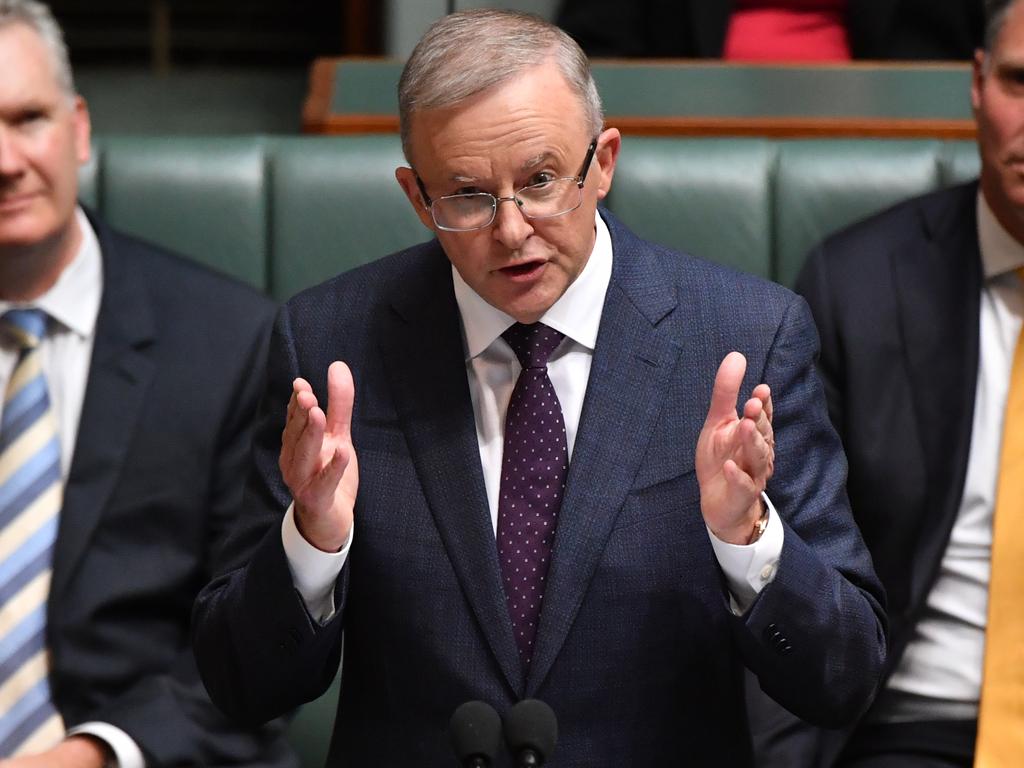Election 2022: Wider drawbacks to Labor’s home equity scheme


There is also a warning in the Grattan Institute’s proposal, which Labor’s housing spokesman, Jason Clare, called on people to consult, that there would also be a “small, short-term budgetary cost” as the government would have to pay interest on borrowings – estimated to be about $5 billion in the first year.
The borrowing estimate, on a smaller scheme, through to 2030 is up to $12 billion (0.4 per cent of GDP).
As well as the scheme having a hit on the budget the Grattan Institute also concedes there could “a small impact on pushing up housing prices” and the federal government would be foregoing income from rent or interest. The proposal urges the federal government to take over the existing state government equity lending schemes and have a national market.
Labor has glossed over these planks of the proposal although its adoption of the plan lifts the income caps by $30,000 to $90,000 for singles and $120,000 for couples, doubles the annual intake to 10,000 places, does away with a trial year and sets out a four-year plan, pushes the price limit to $950,000 in Sydney, has a higher maximum equity of $380,000 and pushes the likely borrowings to about $17 billion by 2030.
These are the hidden wider drawbacks of the Anthony Albanese’s taxpayer funded federal home equity scheme conceded by the Grattan Institute as Labor scrambles to explain the details of scheme which is being attacked for being too small for the outlay, risking taxpayer funds, adding to national debt, banking on continued rising house prices, confusion over values, the government share of a house sale and forcing people to sell the house if their income moves above the cap or if children inheriting the house are above the income cap.
Grattan, as Labor, argues that: “A national shared equity scheme would have a small short-term budgetary cost as the government pays interest on extra government debt. But a national scheme is likely to be budget positive in the long term, should nominal house prices rise faster than the interest rate on government debt to finance the purchases – as they have in the past.”
But on the latter point of rising prices Grattan’s footnotes include the concession that house prices generally fall once in every four years.
All of these proposals, extended and adopted by Labor, were calculated before the highest inflation rate in 20 years, the first interest rate rises in a decade and the probability of “some abatement” as Clare says in the housing market.
Scott Morrison is pursuing the details of the scheme and that people don’t want to own their house with Albanese or provide an investment for a Labor government. Once again, Richard Marles as deputy Labor leader has let the cat out of the bag and conceded a Labor government could act as a landlord and force the sale of a house to reclaim the covernment equity if people’s income rises above the cap.
Federal or commonwealth schemes involving retail, on the ground involvement are fraught with practical danger and economic risks.
But, for Labor, the real political problem is that when the focus should be on economic management and rising interest rates which affect millions of Australians, the Opposition Leader and his team are trying to clear confusion over a scheme that can help 10,000 Australians a year at most.







The architects of the home equity scheme used for Labor’s central housing assistance policy for low-income earners warn the policy would expose a “government’s balance sheet to some risk” if house prices fall.